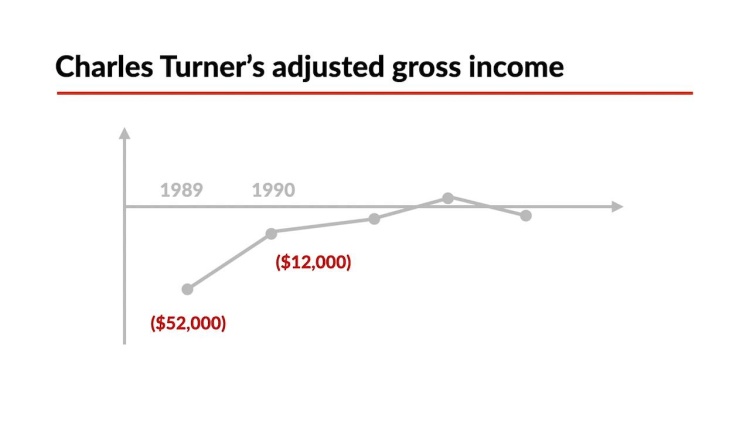Turner v. Turner
Court of Appeals of Tennessee
919 S.W.2d 340 (1995)

- Written by Denise McGimsey, JD
Facts
Rebecca Turner (plaintiff), now Turpin, and Charles Turner (defendant) had two children before divorcing in August 1990. The divorce court granted custody to Turpin and visitation rights to Turner. Turner was ordered to pay $704.13 per month in child support as well as the children’s medical-insurance costs. He unsuccessfully sought to have the support payment reduced post-trial. In November 1990, Turpin moved to have Turner held in contempt for failure to pay support. He admitted the delinquency, alleging incapacity to pay. The court denied his request for a reduction. Turner made a catch-up payment but quickly fell behind again. The court held him in contempt in February 1991 because of nonpayment. Turpin filed another contempt motion in December 1993, alleging that Turner had abused and harassed her and the children and that he was far behind in his child-support obligations. After an ex parte hearing, the court had Turner arrested and suspended his visitation rights. The court again denied a motion by Turner to reduce his payment obligations. In February 1994, the court held Turner in criminal contempt for abusing and harassing Turpin and the children and also held him in civil contempt for his child-support delinquency. He was sentenced to 10 days in prison on the criminal finding and six months on the civil charge, which would be lifted if he paid $40,908.86. Turner did not make the payment, and his visitation rights were summarily suspended. In December 1994, the court again denied a motion by Turner to reduce his support obligations. He appealed the court’s suspension of visitation.
Rule of Law
Issue
Holding and Reasoning (Koch, J.)
What to do next…
Here's why 910,000 law students have relied on our case briefs:
- Written by law professors and practitioners, not other law students. 47,100 briefs, keyed to 997 casebooks. Top-notch customer support.
- The right amount of information, includes the facts, issues, rule of law, holding and reasoning, and any concurrences and dissents.
- Access in your classes, works on your mobile and tablet. Massive library of related video lessons and high quality multiple-choice questions.
- Easy to use, uniform format for every case brief. Written in plain English, not in legalese. Our briefs summarize and simplify; they don’t just repeat the court’s language.





